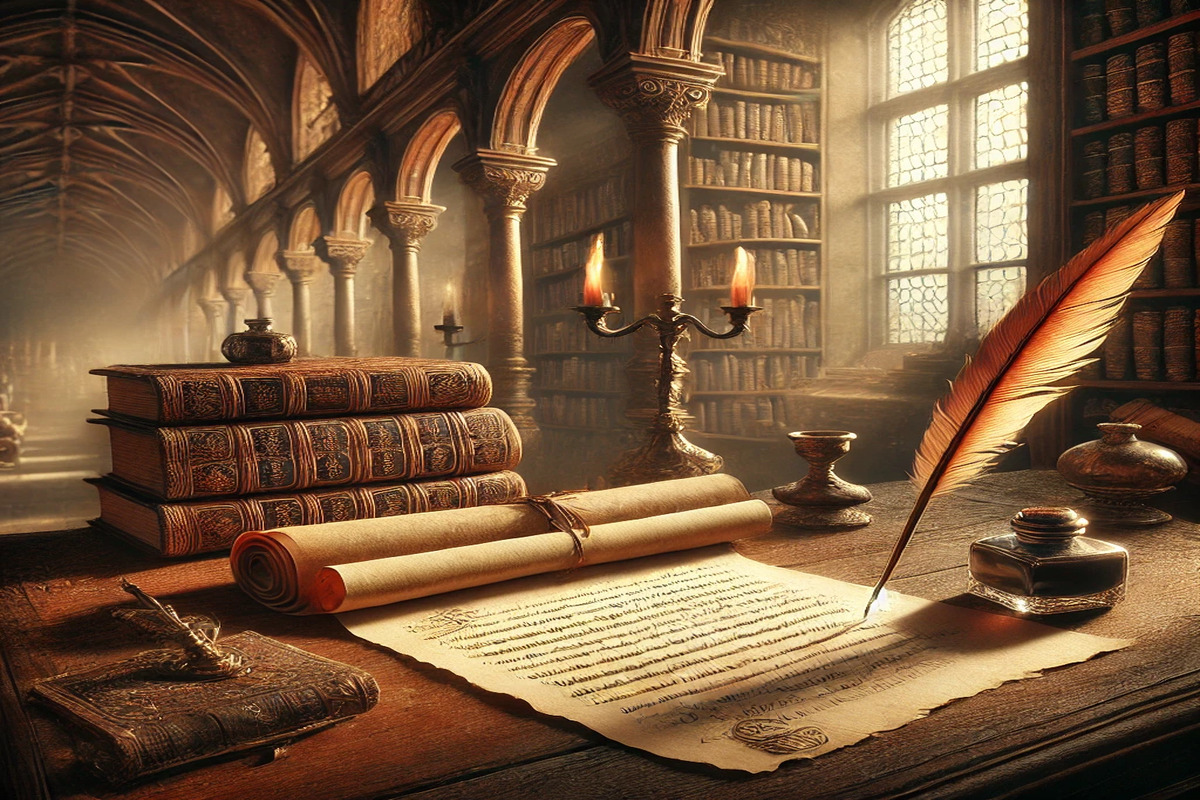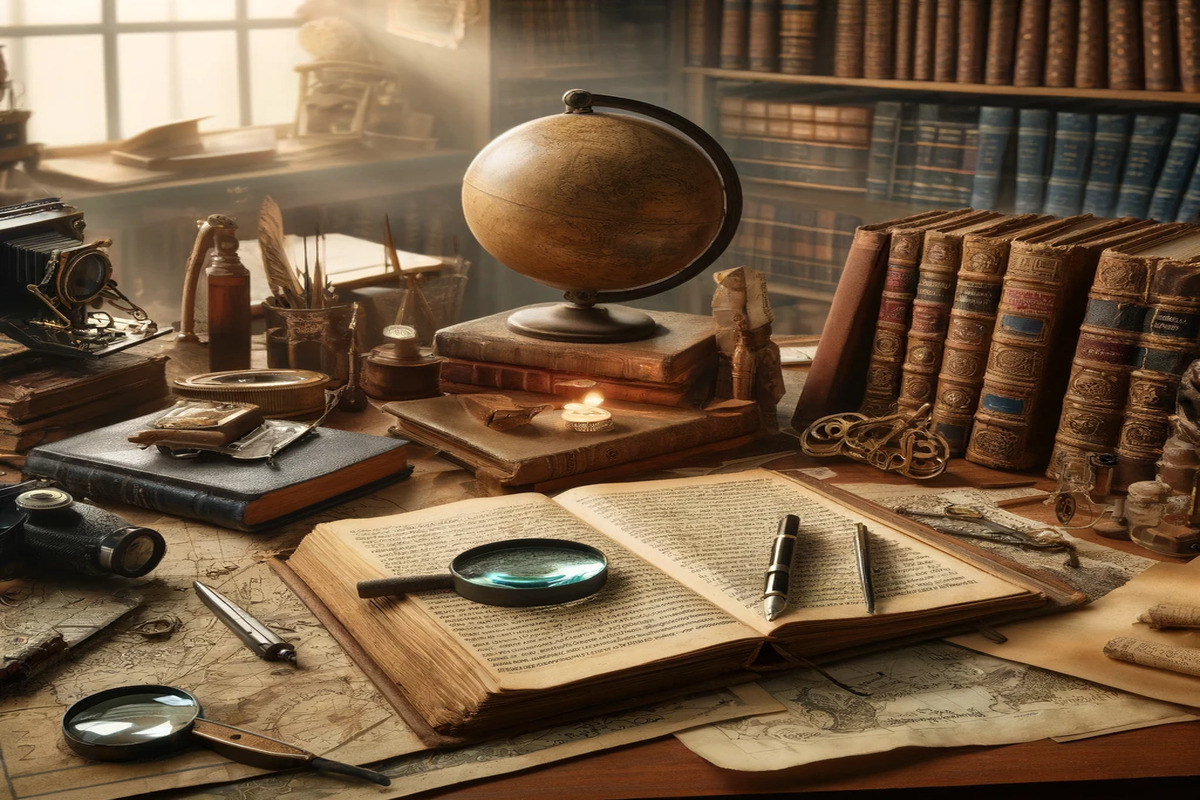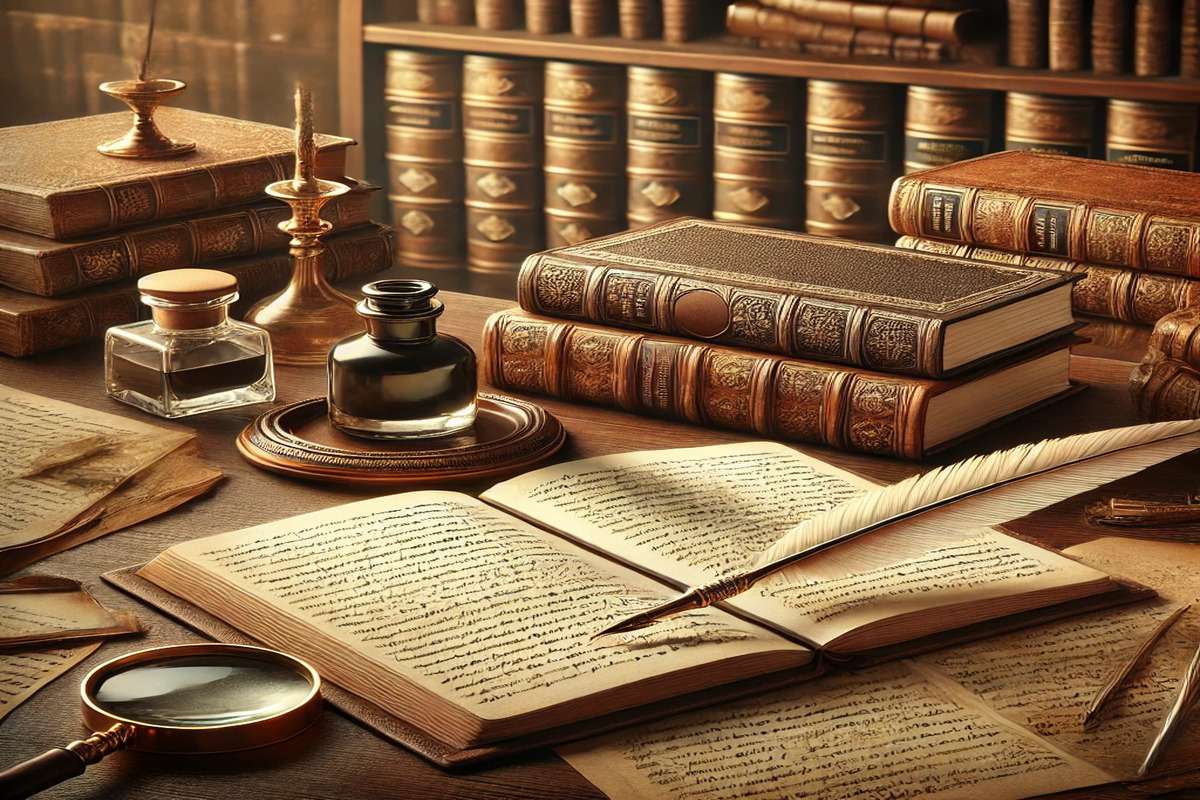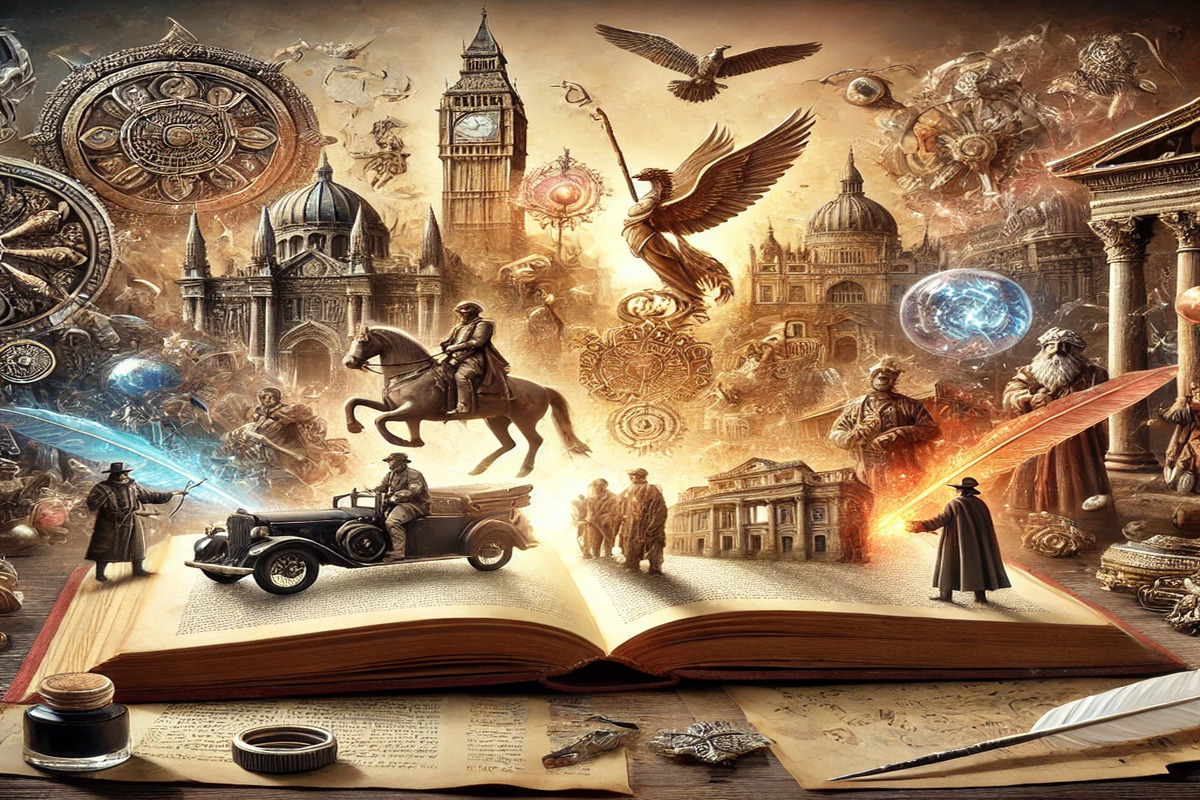Historical fiction is a unique genre that allows writers to transport readers to different eras, blending historical events with creative storytelling. Read More
Historical fiction often portrays the lives of aristocrats with a focus on power struggles and societal norms. However, this can also be a rich ground for comedy. Writers can exaggerate the quirks and eccentricities of the elite to highlight the absurdities of aristocratic life. Example: The Importance of Being Earnest by Oscar Wilde, while not strictly historical fiction, satirizes the Victorian upper class, poking fun at their obsession with status and marriage. Set in England, it showcases the ridiculous lengths characters go to maintain social appearances, using witty dialogue and comedic situations. The feudal system, with its strict hierarchies and rigid rules, offers ample opportunities for humor. Writers can explore the lives of serfs, knights, and lords in ways that highlight the absurdity of their relationships and the futility of their struggles. Example: In Akira Kurosawa’s film Kagemusha, while primarily a drama, the film employs moments of dark humor to explore the absurdity of a lowly thief impersonating a powerful warlord. The comedic tension arises from the impostor’s attempts to navigate the complexities of feudal Japan, providing a satirical commentary on power and identity. Colonial times were fraught with cultural clashes and misunderstandings, ripe for comedic exploration. Writers can delve into the interactions between colonizers and the colonized, using humor to address serious themes with a light touch. Example: The No. 1 Ladies’ Detective Agency by Alexander McCall Smith is set in post-colonial Botswana and follows the adventures of Mma Ramotswe, a detective who solves cases with wit and charm. The series combines humor with cultural insights, highlighting the quirks of life in Botswana while addressing social issues with a comedic lens. Medieval times are often depicted as dark and grim, but they can also be a source of humor. Writers can focus on the everyday lives of ordinary people, exploring the lighter side of medieval society. Example: The Canterbury Tales by Geoffrey Chaucer, written in the 14th century, is a classic example of medieval humor. Through a series of tales told by pilgrims on their way to Canterbury, Chaucer uses humor to critique social norms and highlight human folly. Revolutionary periods are typically associated with conflict and change, but they can also be a backdrop for comedic narratives. Writers can explore the chaos and confusion of revolutionary times, finding humor in the unpredictability of societal upheaval. Example: Les Misérables by Victor Hugo, while a serious novel, includes moments of humor amidst the turmoil of the French Revolution. Characters like the bumbling innkeeper Thénardier provide comedic relief, illustrating the resilience of the human spirit even in dire circumstances. The Victorian era, with its strict morals and rapid industrialization, offers fertile ground for comedy. Writers can juxtapose the rigidity of Victorian society with the absurdities of daily life, creating humorous narratives that entertain and amuse. Example: The League of Extraordinary Gentlemen by Alan Moore and Kevin O’Neill is a graphic novel that combines Victorian-era characters in a fantastical and humorous adventure. The series playfully subverts historical and literary conventions, blending humor with action and suspense. Historical fiction need not always be intense and dramatic. By infusing humor into historical narratives, writers can create engaging and entertaining stories that captivate readers. Whether through the absurdities of aristocracy, the mishaps of medieval times, or the capers of colonial life, historical comedies offer a fresh perspective on the past, proving that history can be both enlightening and amusing. Through artistic flair and creative storytelling, historical fiction continues to evolve, delighting audiences with its unique blend of fact and fiction. The Absurdities of Aristocracy
Feudal Farce
Colonial Capers
Medieval Mishaps
Revolutionary Romps
Victorian Vaudeville
The Humorous Hijinks of History
Artistic Flair in Historical Fiction

Historical fiction is a unique genre that allows writers to transport readers to different eras, blending historical events with creative storytelling. Read More




